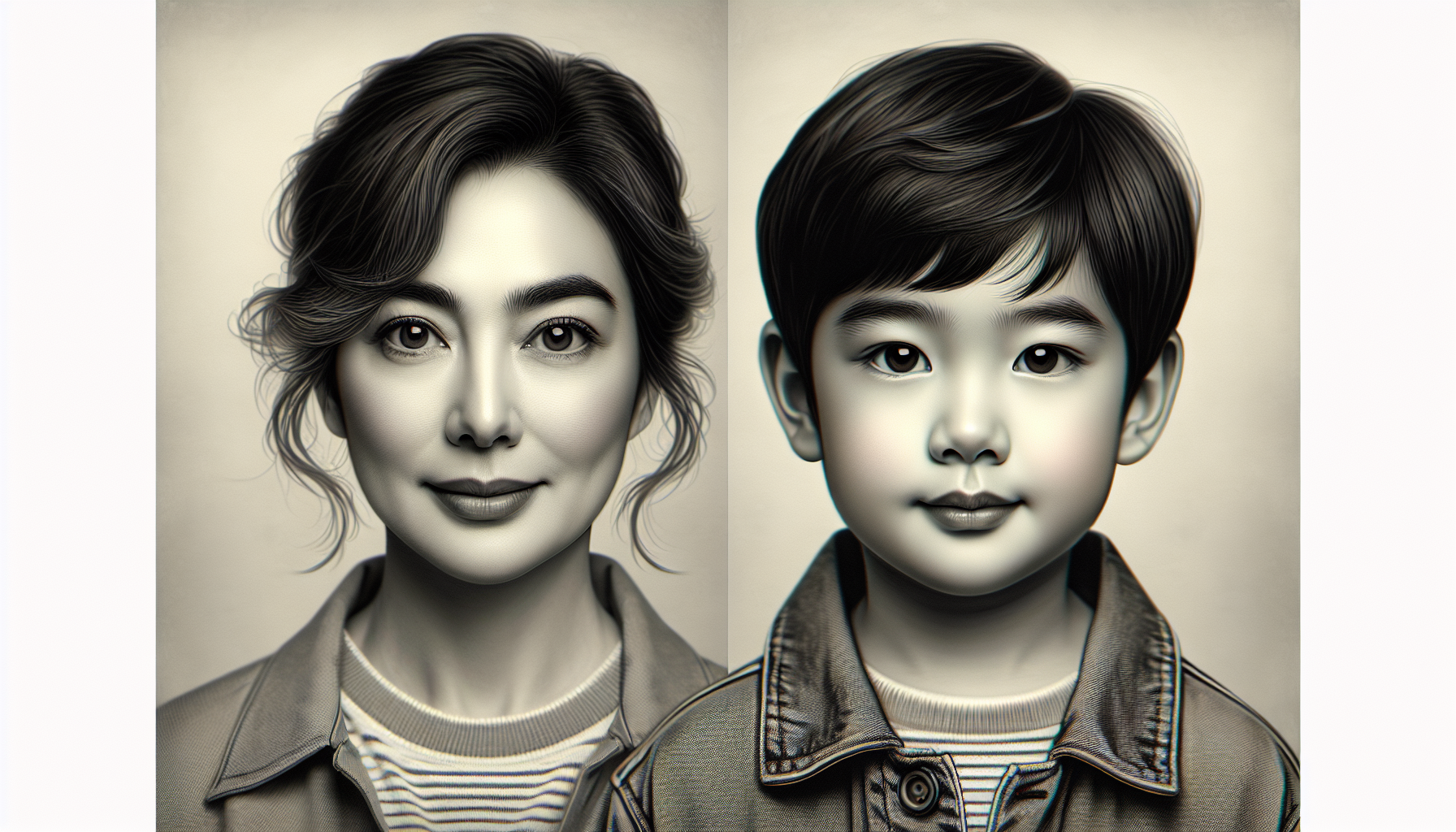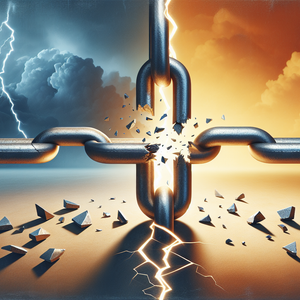The Collaborative Writer: AI and Human Creativity

At its core, AI excels in analyzing vast datasets to identify patterns and trends. In the context of scriptwriting, this capability translates to access to extensive archives of successful narratives across various genres. AI can dissect the structural elements of scripts—such as pacing, character arcs, and dialogue—offering insights that resonate with audiences. For instance, a writer might input a basic premise into an AI-driven tool, which could then generate multiple plot outlines based on successful scripts within the same genre. This not only streamlines the creative process but also uncovers new creative possibilities that the writer may not have previously considered. Such tools can serve as brainstorming partners, suggesting plot twists and character developments that enhance the richness of the narrative.
Enhancing Creativity Through Collaboration
The most fruitful results of AI-assisted writing emerge from a collaborative approach. Many writers who have used AI tools describe their experiences as a partnership rather than a replacement. Jane Doe, an author and screenwriter, noted, "The AI generated interesting plot twists that I hadn’t thought of. It felt like having a brainstorming partner who never ran out of ideas." This sentiment encapsulates the essence of collaboration—leveraging AI's capabilities to supplement human ingenuity. John Smith, a seasoned scriptwriter, echoed this sentiment: "The AI helped me overcome writer's block. I would get stuck on a scene, and the AI would offer suggestions that sparked my imagination. It’s not about letting the AI take over; it’s about using it as a tool to enhance my own creativity." This collaborative synergy emphasizes that AI can serve as a catalyst for inspiration rather than a competitor in the realm of storytelling.
Case Studies: Real Writers, Real Benefits
Real-world examples illuminate the advantages of incorporating AI into the creative process. The production team behind the acclaimed series "Future Visions" utilized AI to analyze audience preferences based on historical viewing data. The insights generated by the AI informed character development and plot direction, leading to a show that resonated deeply with viewers and received critical acclaim. In another instance, an independent film project employed AI for script editing. The AI identified pacing issues and proposed revisions that significantly enhanced the narrative flow. The outcome was a tighter, more engaging script that garnered attention at various film festivals, showcasing the potential of AI to refine and elevate storytelling.
The Ethical Considerations
As we explore the collaborative potential of AI and human creativity, it is crucial to address the ethical implications that accompany this partnership. Concerns regarding originality, ownership, and the risk of AI-generated content saturating the market are legitimate. Writers must navigate these challenges thoughtfully, ensuring that their unique voices remain prominent in their work. As AI tools continue to evolve, there is a pressing need for guidelines and best practices to ensure that the integration of AI enhances rather than compromises the authenticity of storytelling. Writers must remain vigilant about how they incorporate AI into their creative processes, ensuring that their contributions are acknowledged and valued.
The future of storytelling resides at the intersection of human creativity and artificial intelligence. By embracing AI as a collaborative partner, writers can unlock new dimensions of creativity, streamline their workflows, and ultimately produce more compelling narratives. As we continue to explore this evolving landscape, the potential for AI to enhance the art of storytelling will only expand. Writers willing to adapt and innovate will find themselves at the forefront of a new era in creative expression, where technology and artistry unite to inspire and captivate audiences worldwide. As the industry evolves, companies in the film and television sectors will increasingly benefit from AI-driven scriptwriting assistants. By harnessing these tools, they can streamline production processes and enhance storytelling quality, ultimately leading to more engaging content for diverse audiences. The collaborative writer—one who integrates AI into their creative practice—will not only thrive in this new landscape but also redefine what it means to be a storyteller in the 21st century.
AI Script Analyst
Warner Bros., Netflix
Core Responsibilities
Analyze existing scripts to identify structural strengths and weaknesses using AI tools.
Generate insights on pacing, character development, and dialogue effectiveness based on data-driven algorithms.
Provide actionable feedback to writers and production teams to enhance narrative quality.
Required Skills
Strong understanding of scriptwriting principles and narrative structures.
Proficiency in AI analytics tools and software, such as Natural Language Processing (NLP) applications.
Excellent communication skills for presenting data-driven insights.
Creative Writing Technologist
OpenAI, Adobe
Core Responsibilities
Develop and optimize AI tools specifically designed for enhancing the creative writing process.
Collaborate with writers to identify needs and tailor AI applications to support their creative workflows.
Test and implement new features based on writer feedback and industry trends.
Required Skills
Background in computer science or software engineering, combined with a passion for creative writing.
Experience with machine learning and AI development frameworks (e.g., TensorFlow, PyTorch).
Understanding of user experience (UX) design principles to create intuitive writing tools.
AI-Assisted Scriptwriter
Independent production companies, streaming services, creative agencies
Core Responsibilities
Utilize AI tools to brainstorm, outline, and draft scripts for film, television, or digital media.
Collaborate with AI systems to generate innovative story ideas and character arcs.
Edit and refine AI-generated content to align with personal voice and creative vision.
Required Skills
Proven experience in scriptwriting with a portfolio of completed works.
Familiarity with AI writing tools and an understanding of how to leverage them creatively.
Strong collaborative skills and openness to experimentation with AI-generated suggestions.
Narrative Designer with AI Expertise
Ubisoft, Electronic Arts
Core Responsibilities
Create compelling narratives for video games or interactive media, integrating AI to enhance player engagement.
Work closely with game developers to implement AI-driven storytelling elements that adapt to player choices.
Analyze player feedback and data to refine narrative arcs and improve overall storytelling experiences.
Required Skills
Strong background in narrative design or creative writing, specifically for interactive formats.
Knowledge of AI applications in gaming, including procedural generation and adaptive narrative techniques.
Experience with game development platforms such as Unity or Unreal Engine.
Ethical AI Consultant for Creative Industries
Consulting firms, creative agencies
Core Responsibilities
Advise writers and creative teams on best practices for ethically integrating AI into their workflows.
Develop guidelines to ensure originality and ownership are maintained in AI-assisted projects.
Conduct workshops and training on the implications of AI in storytelling and content creation.
Required Skills
Extensive knowledge of copyright law, intellectual property rights, and AI ethics.
Strong background in the creative industries, with experience in writing or media production.
Excellent presentation and communication skills for providing training and workshops.


